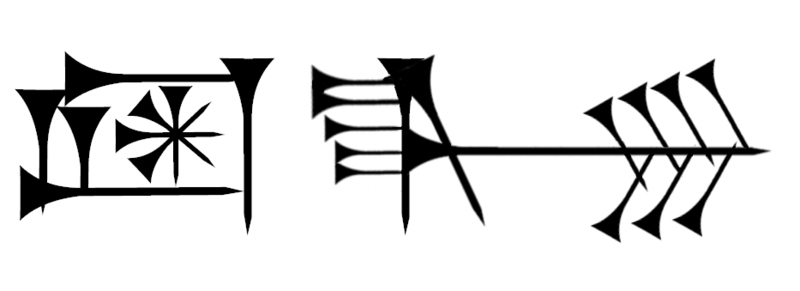Independence is autonomy. It’s the freedom to govern yourself and to rely upon your own independent judgment.
Independence is freedom.
But what, finally, is freedom?
In its fundamental form, freedom really has only one meaning: it’s the omission of force.
Freedom is the absence of compulsion.
It simply means that you are left alone.
The thing that distinguishes the free person from the unfree person is voluntary action versus action that is compelled.
Freedom is one of those things that virtually everyone believes in — that is, until everyone finds out what freedom actually means. And then almost no one believes in it.
The difficult thing for many people to accept about freedom is that it doesn’t actually guarantee you much of anything. It doesn’t guarantee success or happiness, or shelter, or a certain income, or food, or healthcare, or a level playing field, or a level training field, or anything else that must ultimately derive from the production or labor of others. Freedom simply means that you are free to pursue these things and that if you achieve them, they are yours unalienably — which means: they cannot be taken, transferred, revoked, or made alien.
As Thomas Jefferson put it: “The legitimate functions of government extend only to such acts as are injurious to others” (Notes on the State of Virginia, 1785). Here, he’s speaking of — and against — the initiation of force.
Right around the same time Thomas Jefferson was writing those words, another erudite fellow, a German named Wilhelm von Humboldt, independently came to much the same conclusion:
“Any state interference into private affairs, where there is no reference to violence done to individual rights, should be absolutely condemned” (The Limits of State Action, 1791).
That — the absence of violence, the omission of force — is finally what Independence Day is all about.

